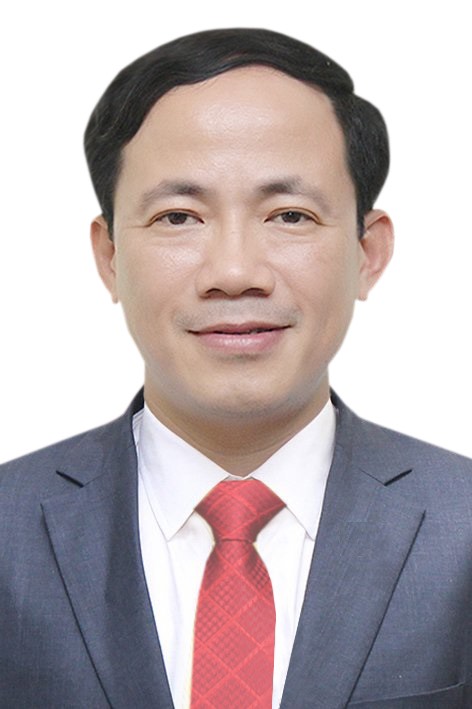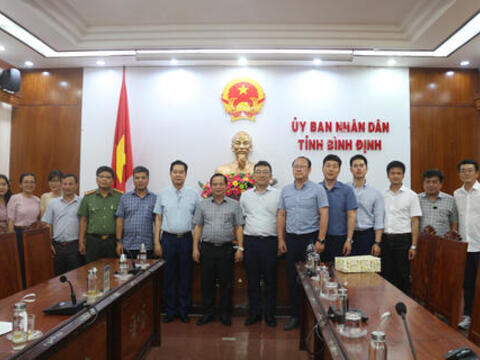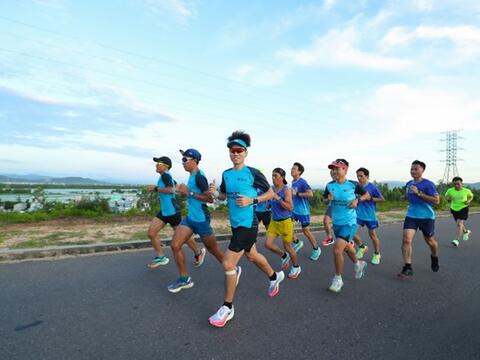Conference on the action plan to implement the EU - Vietnam Free Trade Agreement (EVFTA)

Online conference in Binh Dinh province
“EVFTA - “highway” to promoting economic growth”
On August 1, 2020, the EVFTA officially took effect. This is one of the very important milestones in the process of international economic integration of Vietnam and is described as a broad and modern expressway bringing the EU as well as its other member states and Vietnam closer together.
Vietnam is the first developing country in the Asia - Pacific region to have free trade with the EU. The intensive and extensive commitments in the EVFTA are expected to promote bilateral trade and investment relations between Vietnam and EU, asserting and enhancing Vietnam's position and prestige in the region as well as in the international arena.
EVFTA is a new generation of free trade agreement (FTA) which sets comprehensive high standards, whilst also boasting a large openness that balances the interests of both sides. Particularly, for Vietnam, according to a survey conducted by the Ministry of Planning and Investment, in normal circumstances, the agreement can help Vietnam’s GDP increase by 3.25% in the first 5 years, by 5.3% in the next 5 years, and by up to 7.72% in the subsequent 5-year period. According to another World Bank research, if the EVFTA and CPTPP are implemented simultaneously, Vietnam's GDP could increase by up to 3.2% in the decade 2021-2030.
With the strong commitments on market opening and the commitments to abolish import duties up to nearly 100% of the EU, the EVFTA will open up opportunities for Vietnamese businesses to increase their export turnover to the EU about 42% in 2025 and nearly 45% in 2030 compared with the scenario without agreement and increasing FDI attraction in Vietnam.
At the conference, Prime Minister Nguyen Xuan Phuc emphasized that the EU is a market setting out strictly requirements on quality as well as high standards for goods and services, so there will be no place for enterprises that are impatient and lack creativity as well as providing poor quality goods. Therefore, EVFTA opens up opportunities for Vietnam to renew its growth model, push Vietnamese enterprises to upgrade themselves, accept new, more difficult rules, to go deeper, to advance to the stage with higher value in the supply chain, distribution chain of the EU and the world.
“What should the Vietnamese Government do and how to do it to attempt to obtain optimistic achievements the EVFTA will bring?”
Those are the questions posed by Prime Minister Nguyen Xuan Phuc at the conference. The PM said: "...The EVFTA came into effect with optimistic estimates of growth, exports, but the economic situation of the EU, Vietnam and the whole world are facing difficulties. Therefore, at the moment, some bigger and more important questions arises are what do our country have to do, how much effort do we put into achieving those great estimated results, especially to enhance our country's prestige in the cooperation with the EU, which is the world's largest trading block?”

The Prime Minister welcomed the delegates to the Conference.
At the conference, leaders of some ministries, agencies and localities also reported the results of preparing for the implementation of the EVFTA. The plan focused on five major working groups set out by the Government in the action plan on the EVFTA, including: (1) propaganda and disinformation on the agreement and markets of EU countries; (2) legislative and institutional work; (3) measures to improve competitiveness and develop human resources; (4) guidelines and policies for trade unions and workers' organizations at the enterprises; (5) social security policies, environmental protection and sustainable development.
Associations, business communities also participated in discussions at the conference with issues such as finding the direct impact and effectiveness of EVFTA implementation; discussing how to take advantages of the opportunities and benefits that this agreement offers; put opinions and recommendations forth to help this agreement to bring into full play its potential and so on.

Prime Minister Nguyen Xuan Phuc spoke at the conclusion of the conference
Speaking at the conclusion of the conference, the PM also stressed that the opportunities are available, the highway is open, to overcome challenges, especially the challenge of the current economic downturn, must have higher determination, change the mindset, act strongly, drastically and creatively. It is the spirit towards the goal of raising the level and development of enterprises and the economy when Vietnamese enterprises are playing and proceeding to compete with large-scaled and highly-developed EU corporations and enterprises.
The Prime Minister asked Ministers and Chairpersons of the People's Committees of 63 provinces and cities across the country to directly guide and give priority to deploying the implementation of the EVFTA effectively; at the same time, to strengthen coordination and put the national interests above everything else. The Ministry of Industry and Trade is the focal point to coordinate the implementation of EVFTA, avoiding spreading, distributing resources and ensuring consistency in the process of effective application and implementation of commitments. Besides, they have to promote communication, raise awareness about the challenges and opportunities of the EVFTA, especially specific instructions which are suitable to the requirements of each object, each business association, each industry through online forms to not just reach more businesses but also ensure the practicality and effectiveness. Moreover, they have to pay attention to infrastructure development; train human resources for state management in the context of international integration; continue to reform institutions to serve the country's sustainable development as well as develop sustainable relations between Vietnam and the EU; create a favorable legal framework, orientations and encouragements that help businesses to make creative efforts and succeed on the EVFTA highway.
In addition, the Prime Minister asked associations and business community to strengthen cooperation, draw lessons from experience of other countries, form supply chains, and balance between business interests, social obligations, labor standards and environmental protection principles.
Author: NGUYEN DUC THANG

 Tiếng Việt
Tiếng Việt 








